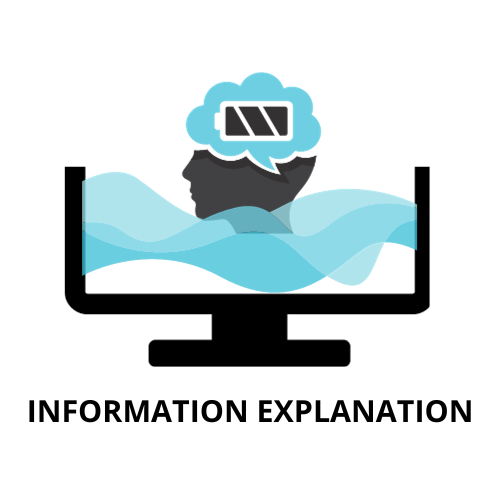Between the six-figure price tag and hefty student loan margin, several students are questioning whether a four-year degree would be worth it during the online study — and guess what the final answer is a big NO.
In modern times, college graduates still are bound to earn higher wages and have lower unemployment rates than workers with only a high school diploma.
However, industries that don’t require a bachelor’s degree (in having the resources), such as manufacturing, construction, and hospitality, often pay well and see steady economic demand. Additionally, many companies and even government organizations no longer require job candidates to hold college degrees.
Some generic researchers claim the economic benefits of a college degree are decreasing, but higher education is still undeniably valuable(which is quite shocking). But the question is—is college right for you? Let’s guess it depends on your financial priorities and professional goals. In this blog, we’ll discuss the same topic in detail.
Curriculum of Offline Study & Online Study
Since the recent pandemic, a growing number of students have opted out. Although college enrollment declines leveled off in fall 2023, there were about 900,000 fewer undergraduate ones enrolled in college in the spring 2024 term compared with spring 2020, according to a recent survey report by the National Student Clearinghouse Research Center.
Two key economic indicators to think about are income and wealth. Here “income”, relates to the earnings from a job, while “wealth” refers to your net worth.
For decades, college graduates enjoyed higher earnings and (better wealth than individuals who did not graduate from college), creating so-called “college premiums” on both income and wealth—honestly, it does not make better sense even.
Pros & Cons of College Degree
Pros
- Higher earning potential
- Lower unemployment rates
- More job opportunities
- Access to a wider range of careers
- Increased job security
Cons
- High cost
- Student loan debt
- Time commitment
- Stress and anxiety
- Competitive job market
- Lack of guarantee of a job after graduation
- Potential for unemployment or underemployment
Online Learning | Traditional Learning | Opinion

The rising cost of traditional higher education, coupled with the uncertain job market, has led many prospective students to question the financial viability of pursuing a four-year college degree. Online courses and boot camps offer a compelling alternative, as they are often significantly more affordable than traditional college tuition.
In addition to being more affordable, online courses and boot camps are more flexible than traditional college programs. Students can learn at their own pace and on their schedule, which can be a major advantage for working professionals or those with other commitments.
Of course, there are also some drawbacks to online learning. Students may miss out on the social and extracurricular activities that are an important part of the traditional college experience. Additionally, online courses and boot camps may not be as comprehensive as traditional college programs. Ultimately, the decision of whether to pursue online courses or boot camps is a personal one. Students should weigh the pros and cons carefully before making a decision.
Online learning platforms provide several advantages that can extend access to education for individuals facing a lot of potential constraints like geographical barriers, financial constraints, disability in study conditions, and so on.
Online platforms eliminate geographical restrictions, offer reasonable courses, provide scheduled flexibility, (to ensure accessibility for all individuals with disabilities), cater to diverse learning modules, and facilitate lifelong learning; leveraging online learning platforms, individuals can pursue their extensional educational goals despite various challenges.
Conclusively, traditional college programs offer more comprehensive and well-rounded education, similar networking opportunities, and a sense of community. On the contrary, a college degree would still be considered a valuable potential credential by a few employers, especially in a specific field.
Ultimately, deciding whether to pursue a college degree or alternative education options depends upon several factors (which are super essential), including financial considerations, career goals, and personal preferences. Overall, it is significant for all individuals to carefully evaluate their options & consider what will best serve their long-term interests. Whether one elects to pursue a traditional college degree, online courses, or a boot camp – the key is investing in education and skills that might help them succeed in their chosen field.


